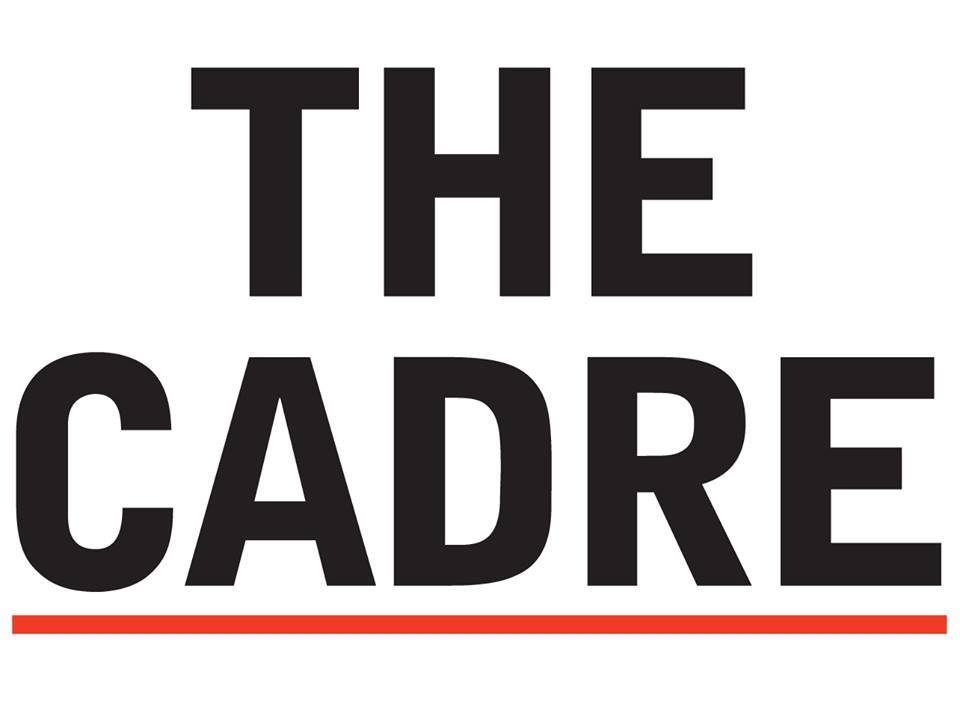By: Lucy Morkunas
Once upon a time in England, the Liberal party regularly formed majority governments.  During the last Liberal government from 1916-22, Liberal MP’s had five opportunities to support a proportional type of electoral system called PR-STV. Half consistently voted against it. In the closest tally, eight extra votes would have changed history.
Alas, hindsight is 20/20.
London School of Economics Political Scientist Paul Mitchell described the above incident in The Politics of Electoral Systems. He explains that “successive leaders of the Liberal Party tended to equate democracy with majority rule and opposed the introduction of [Proportional Representation].â€Â  After 1922, the Liberal party never had the chance to “equate democracy with majority rule†again. A version of the party came closest to this ideal in 2010 when the Liberal Democrats became coalition partners with the David Cameron Conservatives. And uniquely enough, part of the deal was to have a referendum on changing the voting system. The UK Alternative Vote Referendum took place in May 2011 and this time voting system change was rejected by the electors.
Ironically, Paul Mitchell notes that between 1918-1922, the British House of Commons voted to implement PR-STV in other places such as Ireland, India and Malta.
Nevertheless, this article is not about linking failure to support voting system change to the demise of the British Liberal Party, but rather to squandering what turned out to be the last opportunity by the party to adopt a well designed, successfully implemented voting technology that would have made it easier for the party to maintain a future presence in the House of Commons. The PR-STV system was developed in England in the 1860’s and a 1917 Speaker’s Conference (equivalent to a Royal Commission in Canada) on electoral reform recommended the adoption of STV in all multi-member constituencies.
The PEI Liberal government has the same opportunity to support the implementation of a proportional voting system.
Looking from the outside, the Liberal Party’s support for voting system change is a practical solution to the rise in popularity of the Green and NDP parties. An Alternative Vote system – or as it is called on the Island: the preferential or ranked ballot – would help eliminate split voting that is likely to occur as support for third parties eats into that of the Liberal party. The trouble is that the Preferential Ballot system is not a proportional system and is seen by many people as exclusively benefiting the Liberal party. Widespread acceptance for this kind of voting system change is unlikely and relying on Liberal support alone will not be enough to guarantee success in the plebiscite on the electoral system this coming November. On the other hand, support for a proportional system has the potential to cross party lines and include young people and both Island third parties. But Premier Wade MacLauchlan said in a year-end interview with CBC PEI that he doesn’t support proportional representation because it would result in minority governments “in perpetuity.â€
Remember that earlier statement where democracy is equated with majority rule.
On the Island, majority rule has been associated with patronage, poor judgement and a lack of transparency – things people would not normally equate with the idea of democracy.
And as to Premier MacLauchlan’s fear of minority governments – there has never been a minority government on PEI. The historical two-party system once resulted in a tie during the 1890 election but that tie didn’t automatically lead to a second election. In 1979, the prospect of a government with equal representation on both sides prompted the Liberals to call an election only a year into their mandate. They lost.  Nothing pisses off voters more than an unnecessary election. Nevertheless, these are not real examples of minority governments in action.
Minority governments include representation from third parties. And while political experts and various pundits can argue till they are blue in the face that minority governments at the federal level have introduced landmark legislation, this has no bearing on supporters of long-established Island parties.  The potential of an ‘outsider’ party holding the balance of power could prove embarrassing, as well as threaten the tradition of political patronage on the Island.
Regardless, as Bob Dylan once sang, the times they are a-changin‘. The days of gentlemen’s agreements and tolerance of political patronage are numbered. The internet and social media will make sure of that. Better the Liberal party facilitate the change to a more representative legislature at this time and have control over the process, than trust that things will stay same after three elections using the current system.   Perhaps by then, there will be no windows to open when the door closes.
